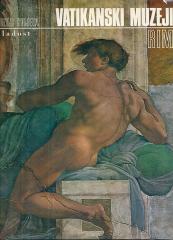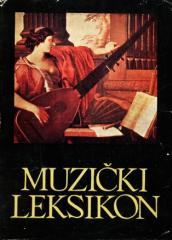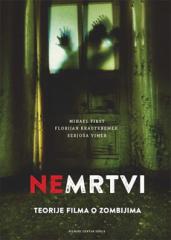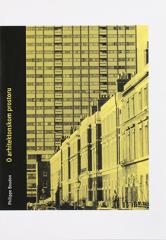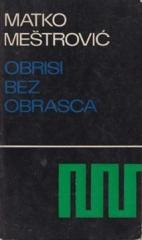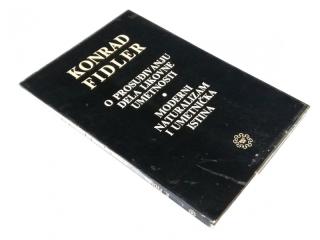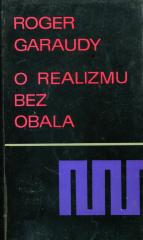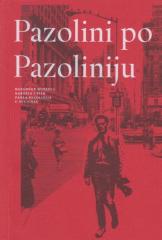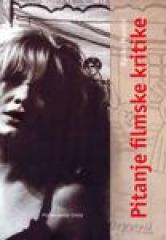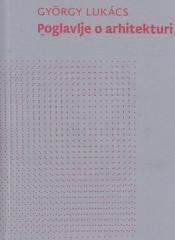Theory of Art
Muzeji svijeta - Vatikanski muzeji Rim
The Vatican Museums are one of the largest and oldest museums in the world, located in the Vatican Palace. With more than 1400 rooms, these museums form an extremely important museum complex.
Muzički leksikon (priručnik za ljubitelje muzike)
It is difficult, and it seems even impossible, to find a sufficiently comprehensive title to present a work as complex as this combination of a musical lexicon, a guide through symphonic, oratorio, chamber and opera music.
Nemrtvi: Teorije filma o zombijima
O arhitektonskom prostoru: eseji o epistemologiji arhitekture
Philippe Boudon, architect and theoretician of architecture, is the originator of the scientific discipline called architecturology, which aims to understand architecture from the point of view of scale and proportion.
Obrisi bez obrasca
A collection of essays, reviews, and discussions by one of the most prominent Croatian theorists of contemporary art. The work encompasses reflections on art, especially in the context of the New Tendencies movement and the Gorgona group, of which Meštrov
O prosuđivanju dela likovne umetnosti / Moderni naturalizam i umetnička istina
Pazolini po Pazoliniju: razgovor Đuzepea Kardila i Pjer Paola Pazolinija u Njujorku
In one of the last interviews, from 1969, Giuseppe Cardillo talks to Pier Paolo Pasolini, director of cult films such as Salo or 120 days of Sodom and Decameron, writer, poet and one of the most important intellectuals of Italy in the 20th century
